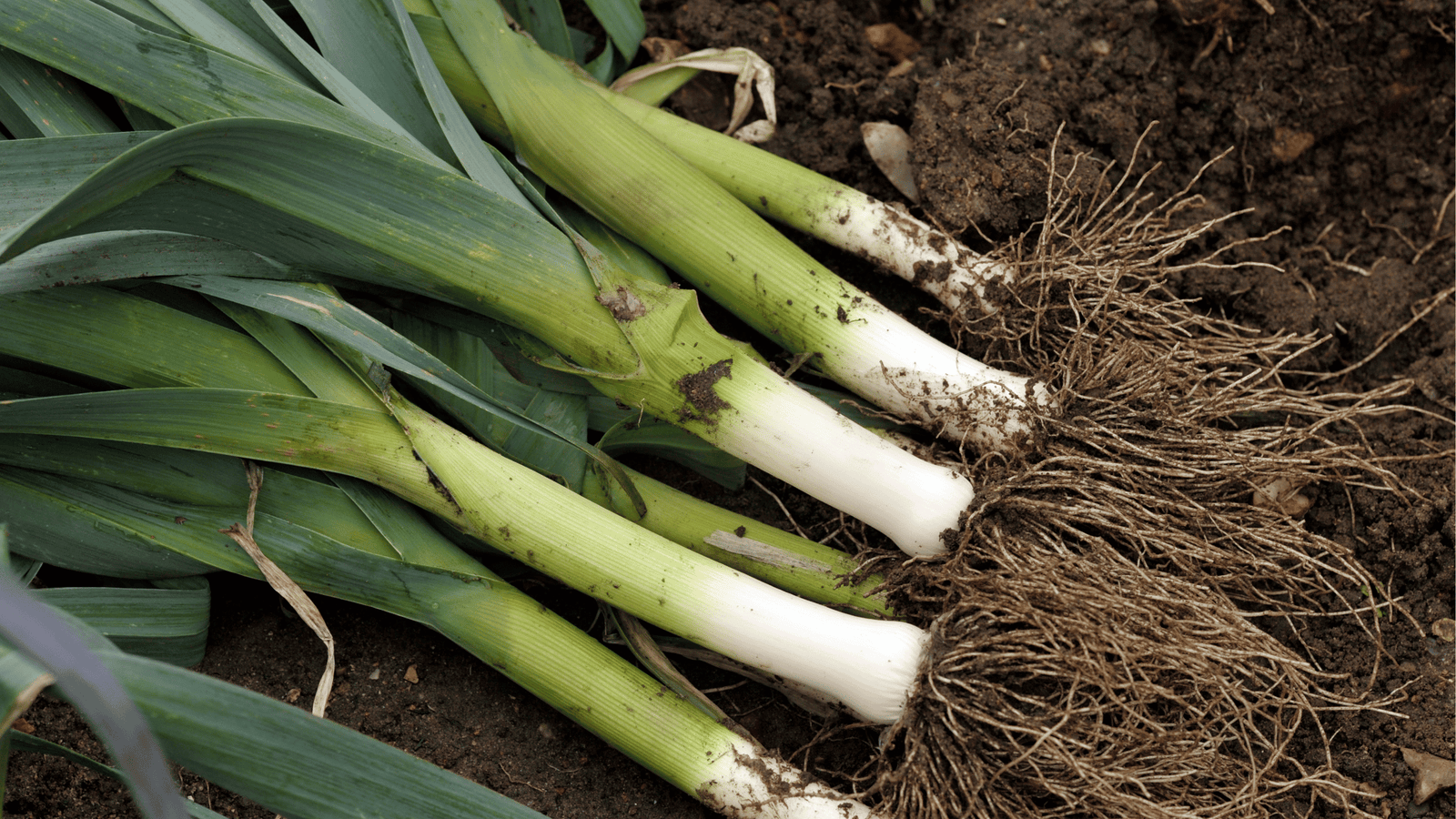Leeks Growing Guide🧄 : Planting, Watering, and Harvesting Tips

Introduction
Leeks are a cool-season allium with a mild, sweet onion flavor. Perfect for soups, sautés, and roasting, they grow beautifully in SIPs and wicking beds where steady bottom-up watering encourages straight, tender stalks. Using GardenWells inserts ensures consistent hydration while reducing maintenance.
When to Plant Leeks
-
Spring: Start seeds indoors January to February and transplant seedlings outdoors in March or April. See the March Gardening Guide for early prep tips.
-
Summer: In cooler climates, plant a second crop in June for a fall harvest.
-
Fall/Winter: In mild regions, overwinter leeks for extended harvests into February.
Square Foot Gardening Spacing
-
Spacing: 4–6 leeks per sq ft (~4” apart)
-
Depth: Transplant seedlings into 6” deep holes or trenches, leaving just the tips above soil
How to Plant Leeks
Starting Indoors (Preferred)
-
Sow seeds 10–12 weeks before last frost under grow lights.
-
Transplant when seedlings are 8–10” tall and pencil-thin.
Trenching & Blanching
-
Leeks develop their classic white stalks by limiting sunlight exposure:
-
Transplant into trenches 4–6” deep.
-
Gradually backfill soil as leeks grow taller, “blanching” stems for tenderness.
-
Watering Your Leeks
Leeks need steady, deep hydration throughout the season:
-
Use your WaterStem to track moisture: when the Hummingbird rises, your reservoir’s full; when it drops, refill.
-
Before establishment: Top-water daily for the first 7–10 days.
-
After establishment: Refill SIP reservoirs every 1–2 weeks, depending on heat and density.
-
Mulch to conserve moisture and suppress weeds.
-
Visit the June Gardening Guide for long-season SIP care.
Harvesting Leeks
-
Timing: Ready in 100–120 days after transplanting.
-
Method: Loosen soil with a fork and lift gently to avoid damaging stalks.
-
Overwintering: In mild climates, leave leeks in SIPs or wicking beds until needed — flavor improves after light frost.
Common Issues & Fixes
| Issue | Likely Cause | Solution |
|---|---|---|
| Yellow Tips | Drought stress | Maintain reservoir level consistently |
| Small Bulbs | Crowding or poor soil | Space properly, add compost |
| Leek Moth Damage | Leaf miners/pests | Cover plants with mesh or interplant carrots |
Companion Plants for Leeks
Best companions (with cross-links):
-
Carrots → Mutual pest deterrence benefits.
-
Beets → Perfect root-depth match in gardens.
-
Celery → Leeks shade soil to keep celery cooler.
-
Lettuce → Interplant for efficient garden layering.
Avoid planting with:
-
Legumes like peas → Prefer different soil profiles.
Product Tips
-
Small patios? Grow leeks in CondoFarms self-watering planters.
-
DIY gardeners? Turn raised beds into wicking beds with GardenWells inserts.
-
Scaling up? Use custom self-watering raised beds for large leek harvests.

